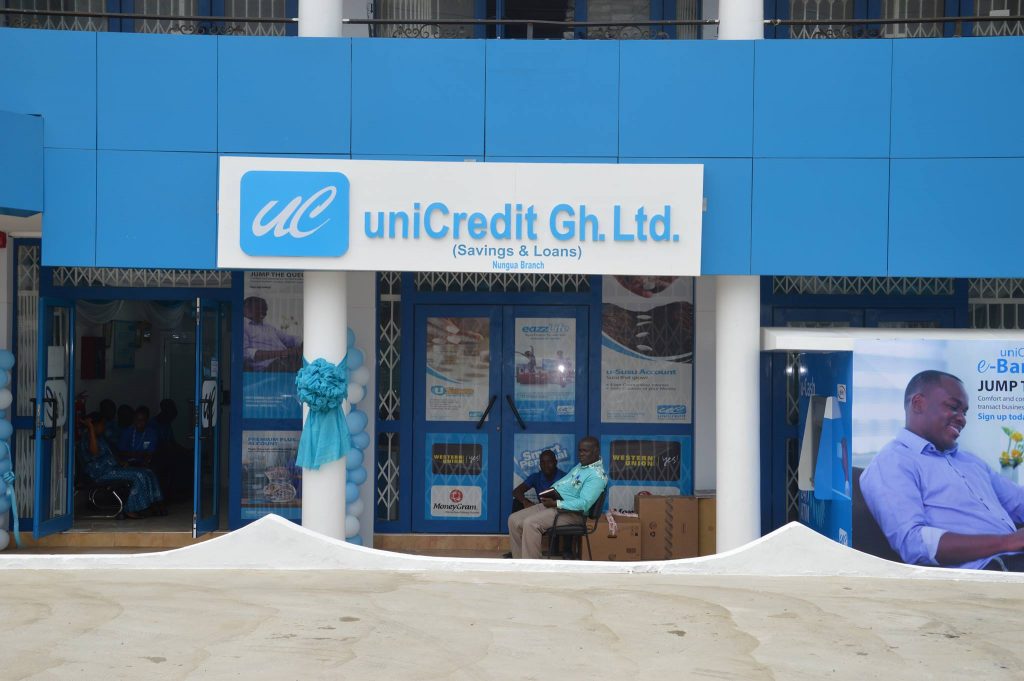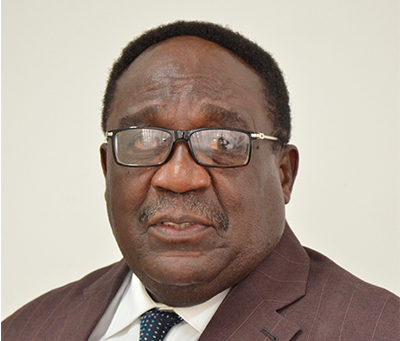The energy crisis and access to finance continue to be the two leading challenges burdening all sectors of the Ghanaian economy, a University of Ghana Business School (UGBS) report on the economic environment and business performance have revealed.
According to the maiden edition of the Ghana Business Development Review (GBDR), a research-based biennial review of development and performance of businesses across various sectors of the economy, efforts at ending the power crisis should continue, while innovative solutions be found to the age-old lack of access to credit which impacts negatively on business operations.
The mining, hospitality and manufacturing sectors bore the largest brunt of the power challenges, it said.
These findings were contained in the report which tracks the performance of businesses, analyses the business environment and provides an outlook for growth and investment opportunities to assist businesses and prospective investors to make informed decisions.
Maiden edition
The Vice-Chancellor of the University of Ghana, Prof. Ernest Aryeetey, launched the 232-page report in Accra last Thursday.
The GBDR has 15 chapters, starting with an overview of the economic and business environment, with the rest covering sectors such as the manufacturing, agribusiness, mining, real estate, tourism, financial services, health and pharmaceutical sectors.
A unique feature of the report is its approach to capturing the figures and facts from the firm level (micro level), as opposed to many reports which look at aggregate numbers from the macro perspective.
The Dean of the UGBS, Prof. Joshua Yindenaba Abor, who led the team to put the report together, said the energy crisis emerged as a cross-cutting challenge which required greater efforts to resolve.
Dean discusses challenges
“We will encourage the government to intensify efforts at resolving the energy situation. This is one critical area which is impeding business development and growth and should be tackled head-on,” he told the Daily Graphic after the launch.
On the lack of human capacity, Prof. Abor said businesses needed to consider that seriously and take advantage of training opportunities such as were offered by the UGBS to add value to their human capital.
He explained that the report was part of the University of Ghana’s vision to become a world-class research-intensive university.
“It was, therefore, the commitment of the Business School to link its research findings to the developmental needs of the country through various means such as policy advocacy, business development, societal engagement and executive training,” he said.
The report also identified the quality of human resource gaps, with varying levels of intensity across a wide range of sectors which impeded their growth and development.
Weak corporate governance issues also emerged in many of the sectors, which range from non-functioning boards and improper composition such as being constituted by family members or cronies.
For the public sector, subtle political interference was identified as part of factors inhibiting the proper functioning of boards.
VC commends UGBS
Launching the report, Prof. Aryeetey commended the UGBS for the initiative, which he said would contribute to the body of knowledge by taking it a step further where experts would carefully analyse the data and provide the prospects for the sectors, saying the report was significant because for a long time, until about 20 years ago, information on the economy was extremely difficult to find and what was found was difficult to believe for poor collection and analysis.
“With this, potential investors coming to Ghana don’t need to send their own consultants to do feasibility studies or recce teams because such reports will guide them to understand the environment they are entering into,” he said.
“This is going to be a significant improvement in the availability of information and so I’m all for this type of review, the first we are having in Ghana, which moves away from the popular writings to a more insightful and better-researched document,” Prof. Aryeetey said.
He commended the UGBS for making itself a major centre piece of the university, a departure from the past when it remained on the fringes, saying such publications would increase the university’s engagement with its publics.
Source: Graphiconline




















